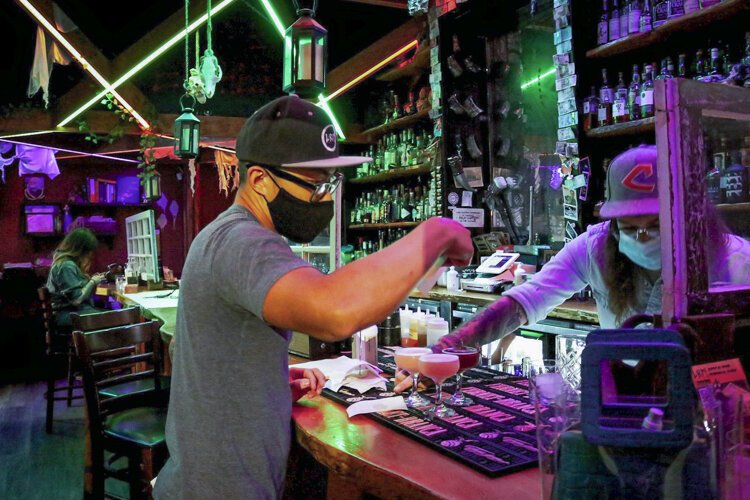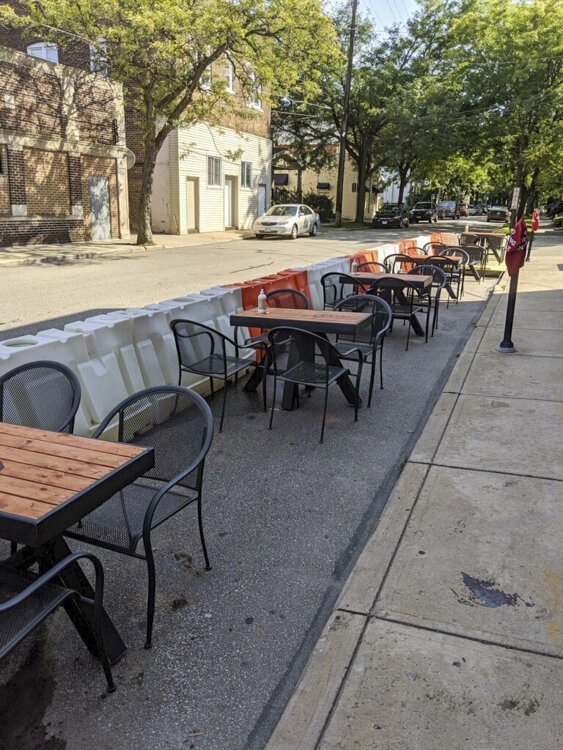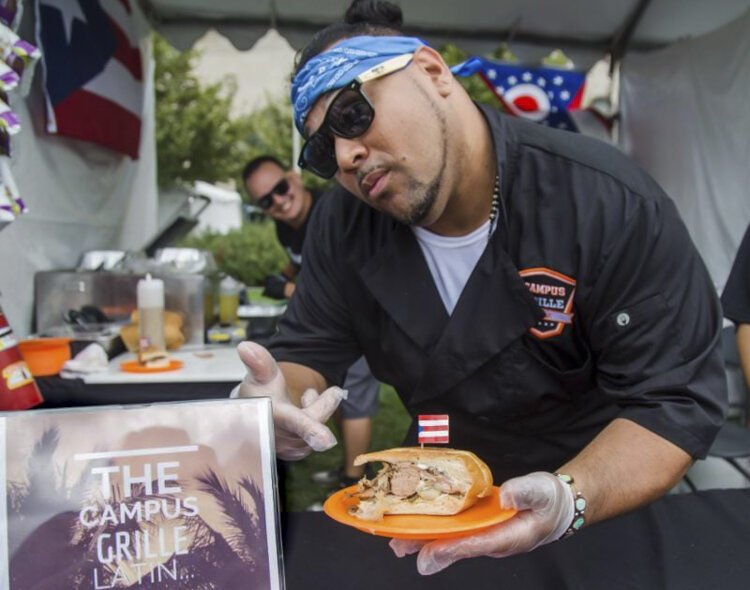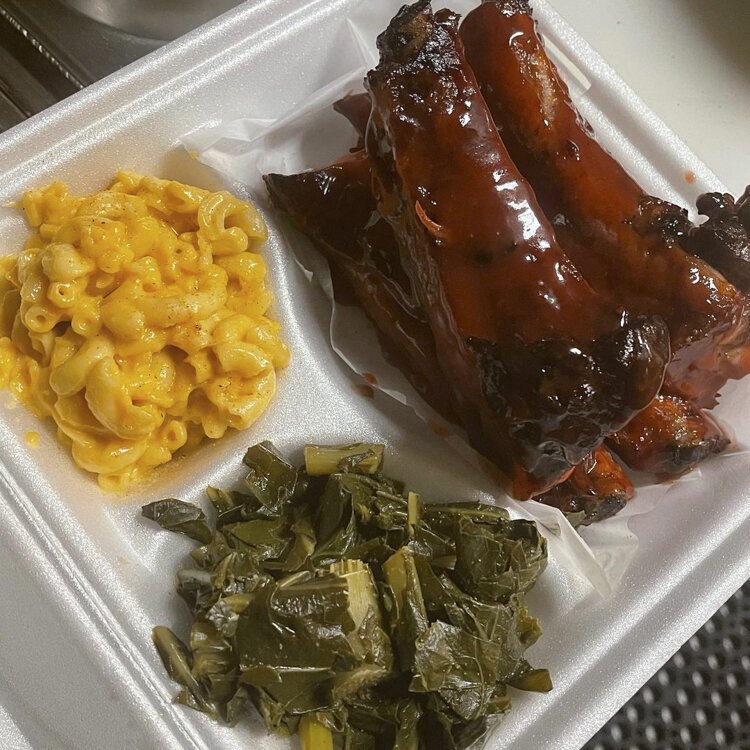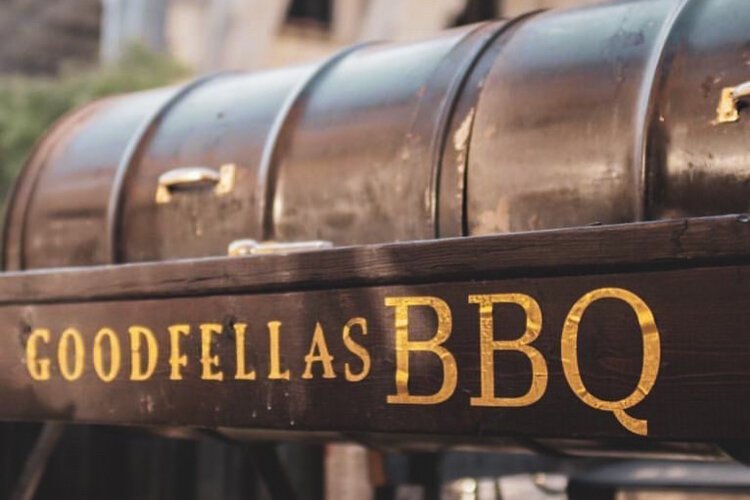Suburban minority restaurant owners look to funding to keep doors open
This is the latest story in FreshWater Cleveland's series First Suburbs: A Closer Look, focusing on the suburbs surrounding Cleveland. Built mostly before the 1960s, these “first” suburbs face challenges ranging from urban sprawl to disinvestment. But shrinking news coverage reports mostly on crime. This series instead will look at the unheralded people and innovative programs that are making a difference, through a solutions-based journalism lens.
With the pandemic continuing to wreak havoc on the local economy, the $21 million federal CARES Act grant that Cuyahoga County brought in—$7.5 million of which was set aside for small businesses—has barely made a dent in helping restaurant owners, whose industry has been hit particularly hard.
The small, suburban independent restaurant owners, many of them minorities, are equally feeling the pain.
These minority owners ae fighting to keep their restaurants open and their staffs employed, especially where so many smaller establishments are the rooted in their communities.
They are looking not only to federal and state assistance, they are also relying on the suburban governments for help. Some have taken advantage of grants specifically targeted to minority owners, others have had luck with more mainstream relief funding. All of them are fighting to survive.
“Many of our first-ring suburbs have a significant service and hospitality industry,” says Cuyahoga County Executive Armond Budish. “They are often low-paid employees who are dish washing or cleaning. By supporting restaurants, it means also supporting employees, not just the owners.”
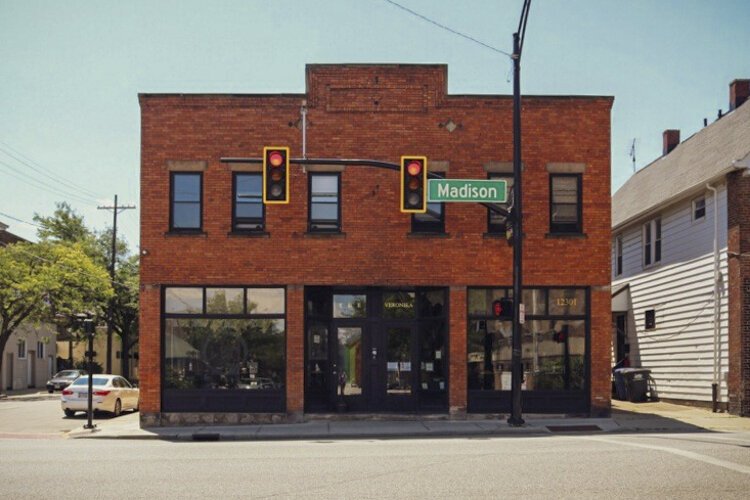 LBM Bar in LakewoodEric Bo, owner of LBM Bar in Lakewood's Birdtown neighborhood, shared his concerns about the future. He has seen sales slip to half of their regular pace as coronavirus has ravaged his business and threatened the livelihood of his customers.
LBM Bar in LakewoodEric Bo, owner of LBM Bar in Lakewood's Birdtown neighborhood, shared his concerns about the future. He has seen sales slip to half of their regular pace as coronavirus has ravaged his business and threatened the livelihood of his customers.
If not for carryout and grant assistance from the Cuyahoga County Small Business Stabilization Grant Fund, Bo is not sure how long he'd stay afloat.
It's the same story across town for Darryl Rugley who owns Goodfellas BBQ on Noble Road in Cleveland Heights. Like Bo, he secured a $2,500 grant as soon as Cuyahoga County made funding available to help small businesses. Bo and Rugley both used the money to cover utilities and purchase some supplies.
This week Cuyahoga County launched an extension of funding specifically for restaurants under the Small Business Stabilization Fund. An additional $1.2 million has been identified and designated from Cuyahoga County's CARES Act money. There was a flood of applicants that numbered more than 700.
“If I have $10,000 to draw from, it will put my mind at ease that I'm going to make it,” Rugley says of this round's higher ceiling, adding that restaurant owners live with uncertainty all the time.
“Small business, we know how to grind and keep it going no matter what,” he says. “We're going to make it regardless [of the relief]. If you've been in this business for two years or more, you know how to survive. But any help we can get will make it easier down the line.”
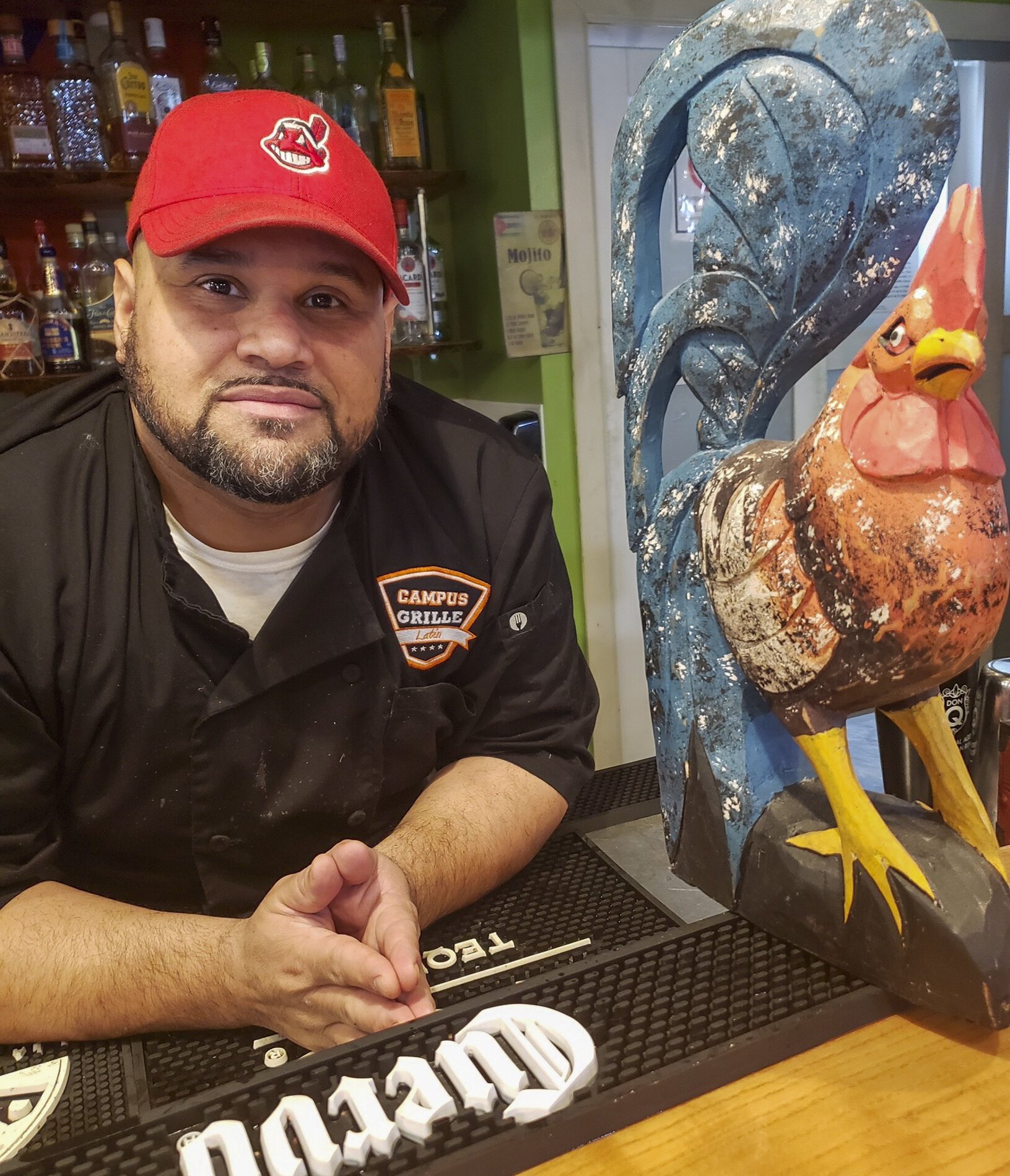 Luis Roman, owner of Campus Grille Latin in downtown BereaLuis Roman, owner of Campus Grille Latin in downtown Berea, shares this sentiment.
Luis Roman, owner of Campus Grille Latin in downtown BereaLuis Roman, owner of Campus Grille Latin in downtown Berea, shares this sentiment.
“It’s day-to-day,” says Roman, who was out shopping in person this week as he prepared to reopen his restaurant. After a two-week layoff, he discovered his purveyor of specialty pork closed shop because so many restaurants have shuttered their doors.
Roman also received a $2,500 county grant. He will pay his electric bill, which costs him $1,400, and some other bills, but he has downsized his staff and plans to “take his foot off the gas” as the winter months approach.
“[The restaurant industry] is just going to get weaker,” he says. “But I'm an optimist. I'm buckling down and I'm putting sandbags up. I’m making sure all my credit cards are paid and employees paid and collecting unemployment. I see their struggle.”
The outlook for independent restaurants is dire. They say the sting is greater when the federal bailout of large companies numbered in the billions while small business relief is orders of magnitude smaller.
“I feel like the federal government has left our industry out to dry,” said Bo, calling the county relief a Band-Aid.
Bo blames the federal government for not acting sooner. He points to a bill in Congress, the Restaurants Act, a $120 billion relief package that the Independent Restaurant Association lobbied for over the summer only to see it die before it could reach a vote in the Senate.
Independent restaurants do have the support of Cuyahoga County Executive Armond Budish.
“The need far outweighs the resources,” Budish says. “It doesn't mean we don't try.”
Complicating matters is the ranks of the service and hospitality industry are filled with minority populations that were already struggling financially and experiencing higher exposure to COVID-19 because of their jobs.
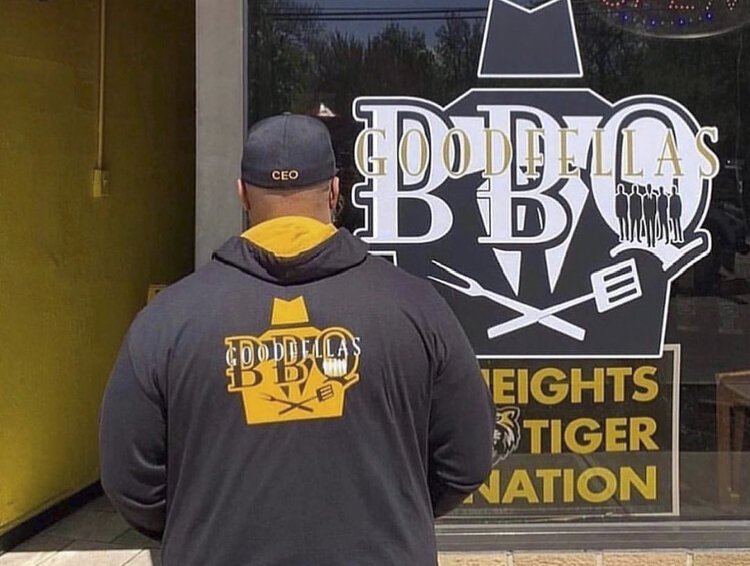 Goodfellas BBQ“I think minorities get hit a little longer,” adds Campus Grill’s Roman. “It's a double-edge sword being black and brown because you are the one being affected by COVID the most, and, with no college education, if you don't work, you don't get paid. They’re on the front lines.”
Goodfellas BBQ“I think minorities get hit a little longer,” adds Campus Grill’s Roman. “It's a double-edge sword being black and brown because you are the one being affected by COVID the most, and, with no college education, if you don't work, you don't get paid. They’re on the front lines.”
Asked if he remains optimistic that the relief funds will be enough to keep the industry going, Budish responds, “I believe it will help a number of them, and if we get more funds next year, we'll put it toward the effort to save as many restaurants as we can. They have been hit hard.”
The situation threatens to do tissue damage to an industry that has come to define Northeast Ohio as a “foodie” place, Budish adds.
“We also have restaurants that are nationally known that have closed,” he says. “That is tragic. We draw people to Cuyahoga County, in part because of the restaurants that are here.”
The relief efforts, while relatively small, have been sustained since the beginning of the pandemic, Bo admits. The State of Ohio has provided Workers Compensation dividend checks, and will send another, higher dividend check in two weeks. The state also has $38.7 million of federal CARES Act money that it used to establish the Bar and Restaurant Assistance Fund, providing $2,500 payments to bars and restaurants.
Cuyahoga County received $215 million in CARES Act funding. Of that, the county made $250,000 available in its first round of small business grants—providing $2,500 to 200 businesses, including restaurants. A second round of grants totaling $2.1 million went to 751 small businesses in Cuyahoga County, followed by a third round totaling $4 million.
Last week, the county made $1.2 million available solely to restaurants. Fifty percent of recipients for round one and round two of the Small Business Stabilization Fund were minority-owned businesses, according to county records.
Some inner-ring suburbs established relief programs aimed at minority-owned businesses, including the City of Cleveland Heights and Shaker Heights Development Corporation (SHDC). Shaker recently offered a Small Business Recovery Assistance Grant Program specifically for minority-owned businesses in Shaker Heights that saw 25 businesses line up. Cleveland Heights small business COVID-19 assistance applications quickly reached their limit.
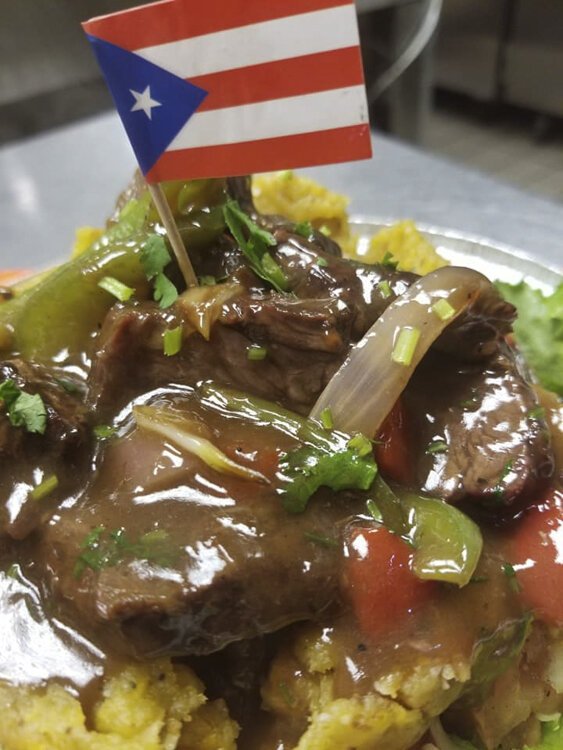 The Campus Grille LatinThe City of Berea offered two rounds of Emergency Relief Fund grants for retail, food service, and personal service businesses that were negatively impacted by the Ohio’s stay-at-home order. Each round we funded 55 grants of $2,000, for a total of $220,000 in both rounds. Grant recipients could use these funds for rent, PPE, payroll, and other business expenses.
The Campus Grille LatinThe City of Berea offered two rounds of Emergency Relief Fund grants for retail, food service, and personal service businesses that were negatively impacted by the Ohio’s stay-at-home order. Each round we funded 55 grants of $2,000, for a total of $220,000 in both rounds. Grant recipients could use these funds for rent, PPE, payroll, and other business expenses.
The City of Lakewood back in April launched a Small Business Assistance Program providing up to $7,000 for rent and/or job retention. The program is still up and running. Lakewood is going out of its way to help small business, particularly restaurants that want outdoor dining, by making legal express parking and temporary outdoor dining and parklets. Restaurants also qualified to receive a federal Payroll Protection Program loan to cover employee pay.
Still, those in the industry say it feels like a drop in the bucket.
“The government should have enacted better relief,” observes Bo. “There are European countries that are covering the loss of sales for restaurants and small businesses.”
Campaigns to encourage customers to save their favorite restaurants will only go so far, he adds.
“There's definitely a lot of people who are diehard and loyal to the Cleveland food and drink scene,” Bo says. “But I don't think they alone can shoulder the burden of keeping them open. It's not up to Joe consumer. It's a pandemic, and no one knew what was going to happen.”
Bo mourns the inevitable loss of ethnic and minority owned restaurants in what will be missing from the area's cultural diversity.
For Roman, it feels personal. “I always talk to my daughters about the pursuit of happiness, and food is a major component in that,” he says. “When you find something that does make you feel that, you want to hold on to it.”
The series is made possible through the support of Citizens Bank, the First Suburbs Consortium, and the First Ring Schools Collaborative.


